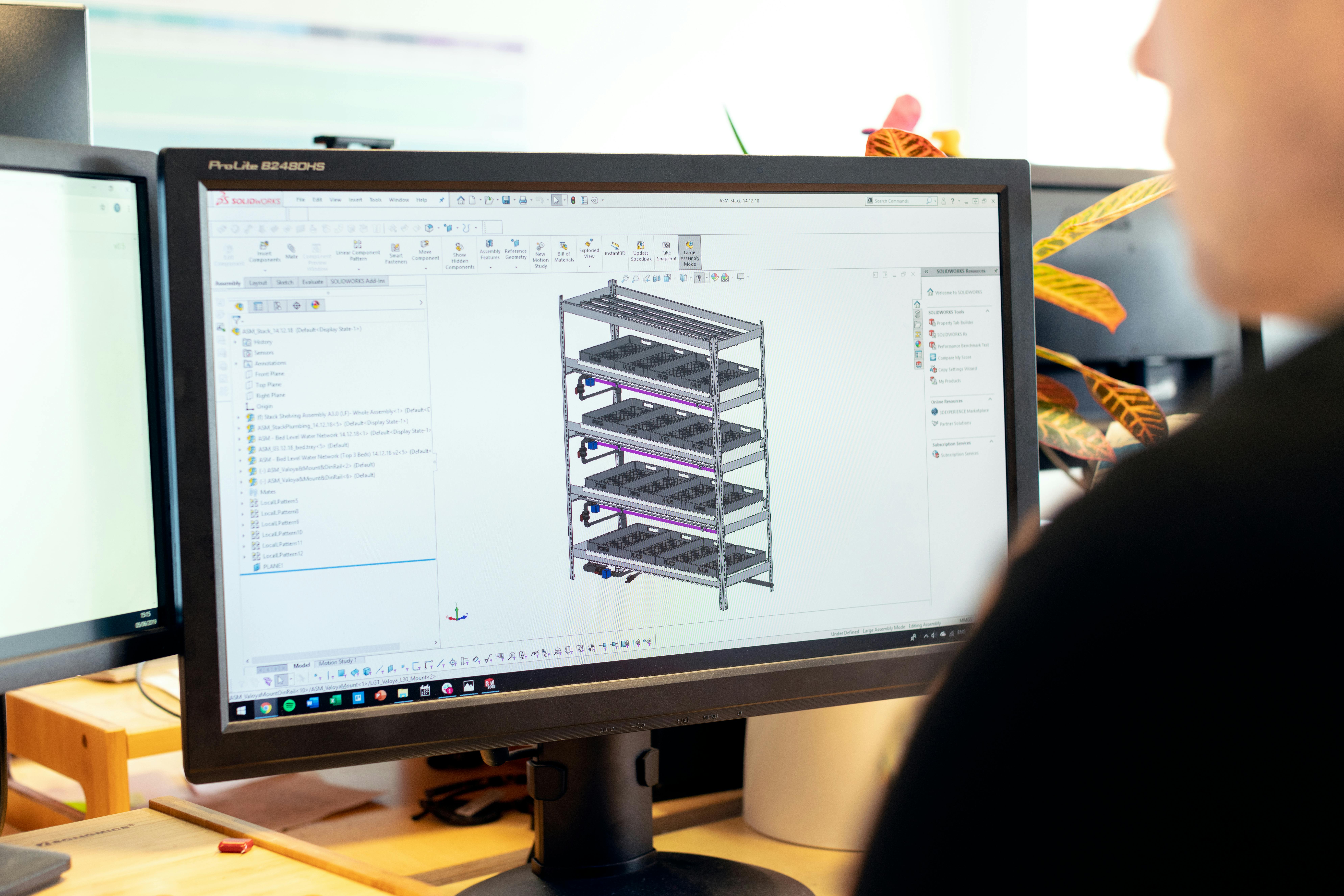
Blockchain in Medical Research: Revolutionizing Healthcare Data Management and Collaboration
Blockchain in Medical Research: Transforming Healthcare Through Decentralized Technologies
Understanding the Paradigm Shift in Medical Research
Blockchain technology represents a groundbreaking transformation in medical research infrastructure, offering unprecedented opportunities for secure, transparent, and collaborative data management. By leveraging decentralized ledger technologies, researchers can create immutable, verifiable records of clinical trials, patient data, and scientific discoveries while maintaining stringent privacy protocols.
Key Technological Frameworks in Medical Research Blockchain
The integration of blockchain technologies in medical research encompasses multiple sophisticated technological frameworks designed to address critical challenges in data integrity, patient privacy, and research collaboration. Advanced cryptographic mechanisms enable secure, anonymized data sharing across complex institutional networks while preserving individual patient confidentiality.
International Regulatory Landscapes
Different jurisdictions provide unique regulatory environments for blockchain medical research implementation. The United States employs a comprehensive HIPAA-aligned approach, while jurisdictions like Switzerland and Liechtenstein offer more progressive, innovation-friendly regulatory frameworks that encourage technological experimentation.
Top Blockchain Protocols in Medical Research
| Protocol | Primary Focus | Jurisdiction | Key Features |
|---|---|---|---|
| MedRec | Patient Data Management | United States | Decentralized medical record exchange |
| PharmaLedger | Clinical Trial Tracking | EU | End-to-end pharmaceutical supply chain transparency |
| MedChain | Research Collaboration | Switzerland | Secure multi-institutional data sharing |
Market Analysis and Future Implications
According to recent market research from Gartner and McKinsey, the global blockchain in healthcare market is projected to reach $5.6 billion by 2025, with a compound annual growth rate of 63.85%. This exponential growth reflects increasing institutional confidence in blockchain's transformative potential for medical research infrastructure.
Data Privacy and Consent Management
Blockchain introduces revolutionary consent management systems where patients can granularly control their medical data sharing. Smart contracts enable dynamic, transparent consent mechanisms that provide individuals unprecedented agency over their personal health information.
Technological Challenges and Innovation Pathways
Despite immense promise, blockchain medical research technologies face significant implementation challenges. Scalability, interoperability between different blockchain networks, and computational overhead remain critical areas requiring continuous technological refinement.
RWA.codes: Advancing Medical Research Blockchain Solutions
At RWA.codes, we specialize in developing cutting-edge blockchain infrastructure tailored for medical research institutions. Our expertise spans regulatory compliance, secure tokenization frameworks, and advanced decentralized data management systems that meet the most stringent international standards.
Our multidisciplinary team combines deep technological knowledge with comprehensive legal understanding, enabling seamless blockchain integration across complex healthcare research ecosystems.
Emerging Research Collaboration Models
Blockchain enables unprecedented global research collaboration models. Researchers can now securely share experimental data, validate scientific methodologies, and create transparent, auditable research ecosystems that transcend traditional institutional boundaries.
Technological Architecture Considerations
Successful blockchain implementation in medical research requires sophisticated architectural considerations. Hybrid blockchain models combining public and private network characteristics offer optimal solutions for balancing transparency with institutional privacy requirements.
Cryptographic Security Mechanisms
Advanced zero-knowledge proof technologies and multi-signature authentication protocols ensure that sensitive medical research data remains cryptographically secured while enabling controlled, auditable access.
Global Adoption Trends
Leading research institutions in North America, Europe, and Asia are increasingly exploring blockchain technologies as fundamental infrastructure for next-generation medical research platforms. This global trend underscores blockchain's transformative potential in scientific collaboration.
References:
- Gartner Healthcare Technology Report, 2023
- McKinsey Digital Health Innovation Study, 2024
- World Health Organization Digital Health Guidelines